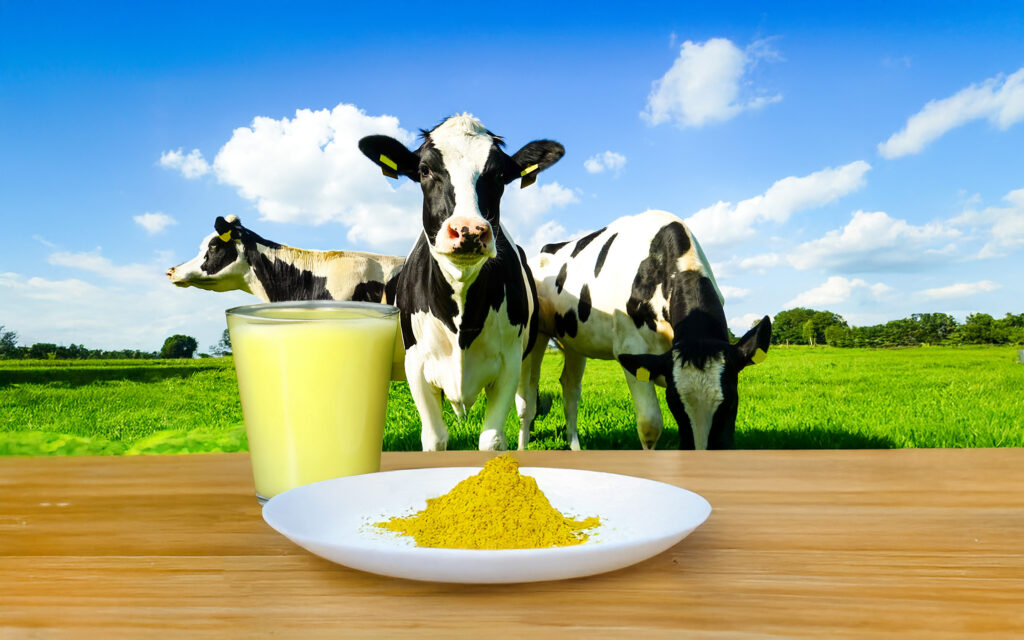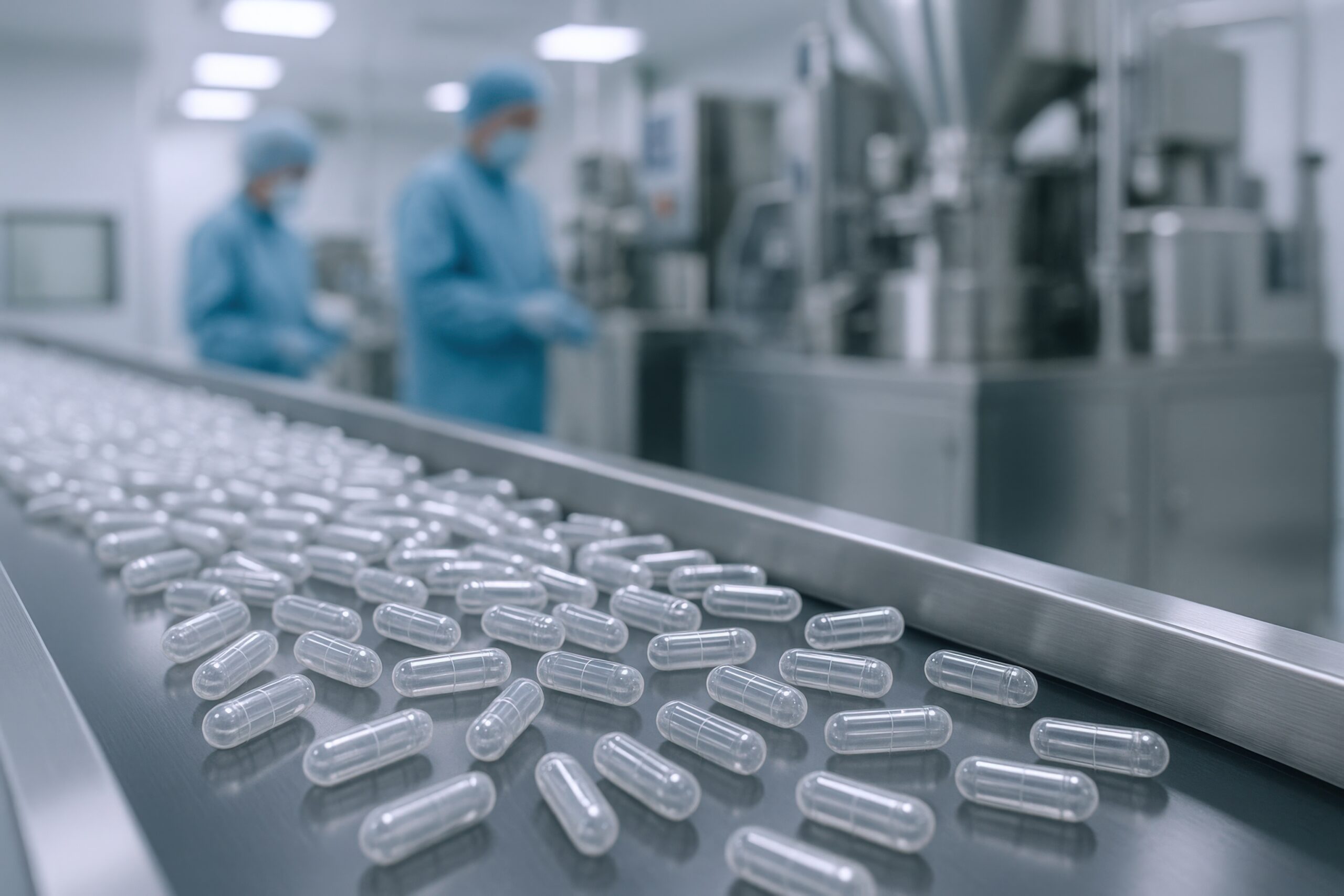What is colostrum?
Colostrum foremilk is the first food of the calf and contains more than 400 bioactive substances in the first 72 hours that support the development of the immune system.
The Building Block of Life: Colostrum Foremilk
Our greatest interest lies primarily in the numerous immune factors found in colostrum. These include bioactive messengers that can directly influence immunological processes.
Among them are special antibodies (immunoglobulins), as well as growth factors, hormones, and cytokines, which all play a vital role.
Naturally, colostrum also contains numerous vitamins, enzymes, minerals, and all essential amino acids.
For LACsell® products, we only use the highly concentrated foremilk from the 1st and 2nd milking, with half of the quantity reserved for the newborn calf.


